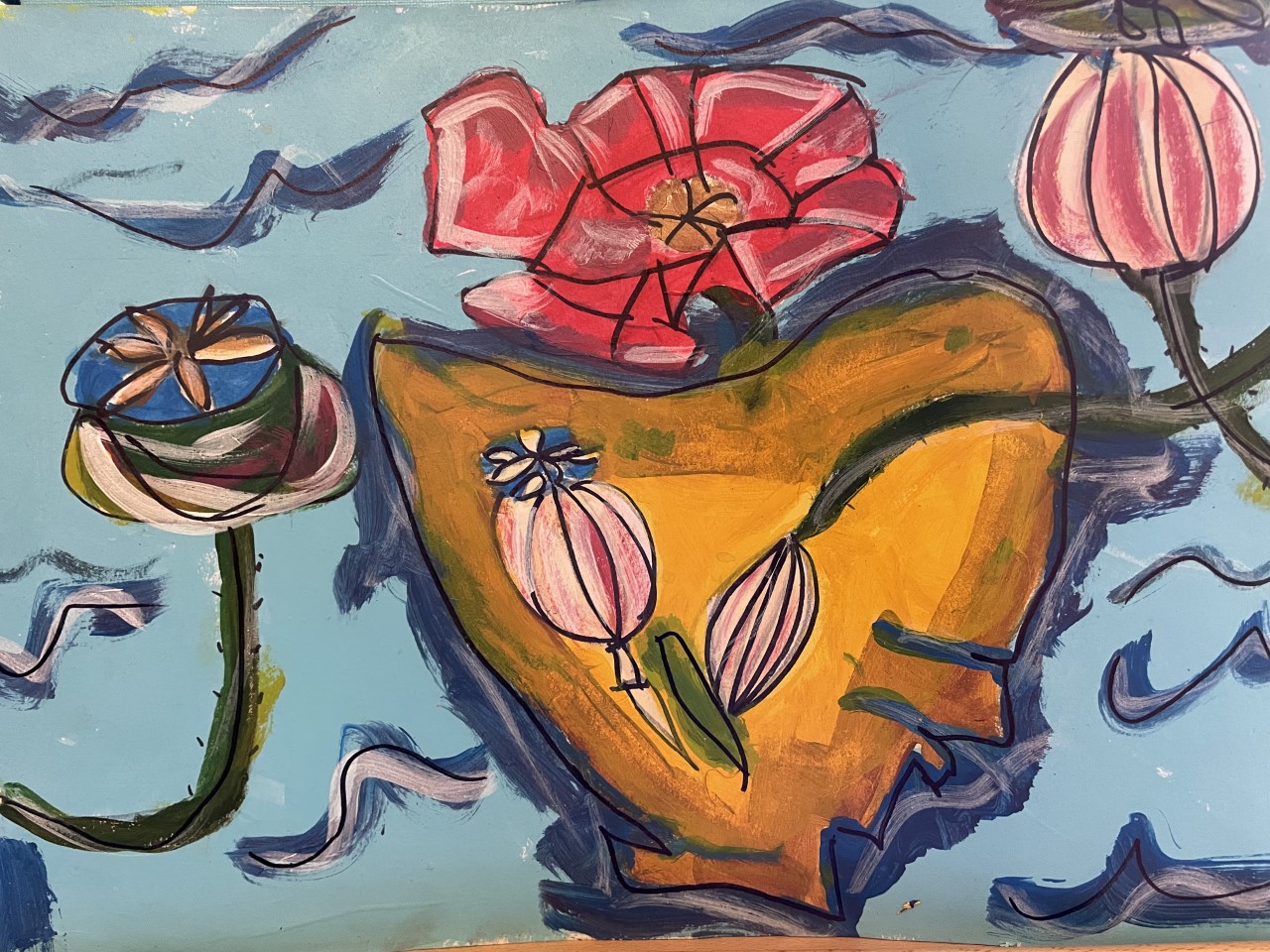Community Development Program (CDP)
Volunteer and build professional skills whilst helping our community.
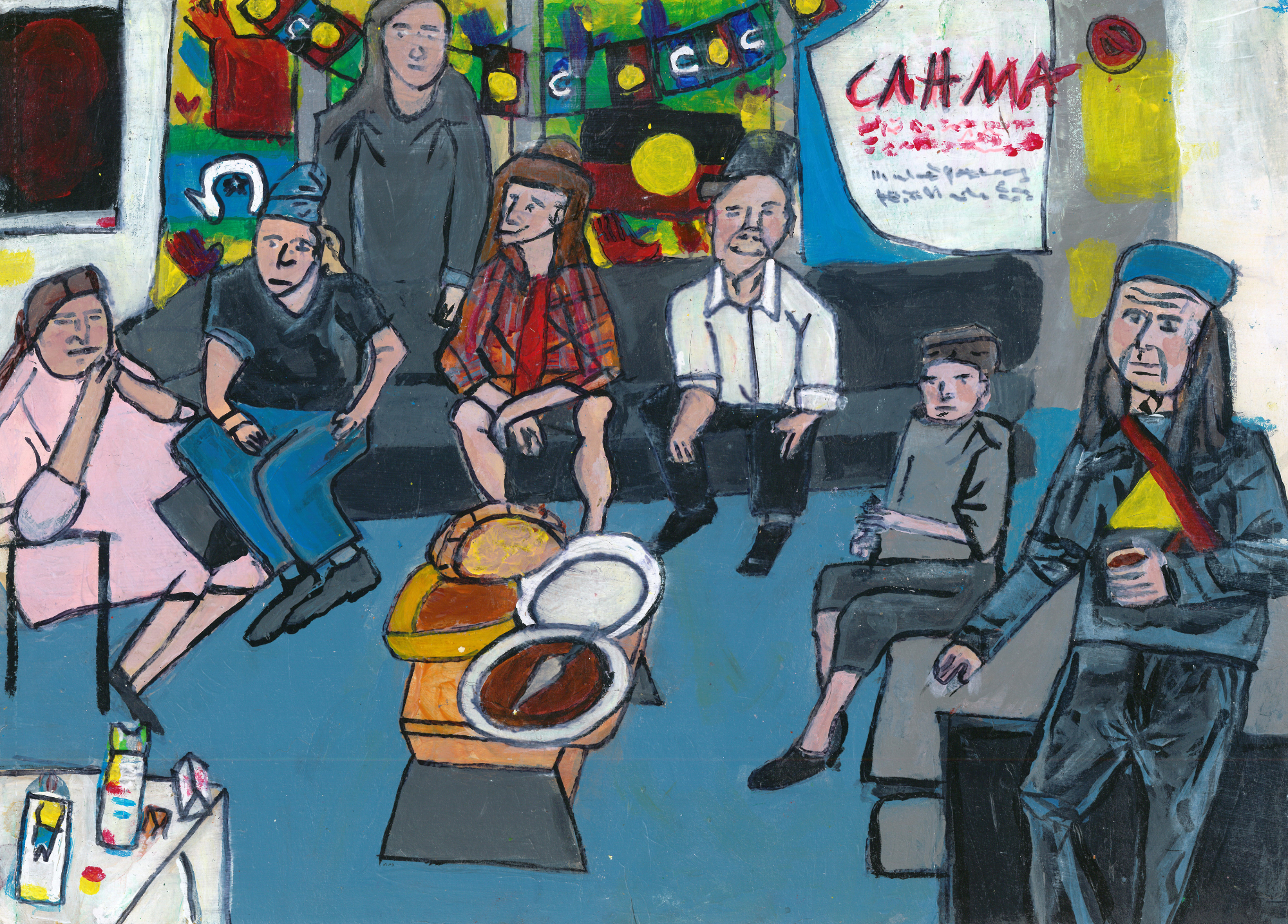
The Peer Treatment Support program at CAHMA and The Connection began as the Treatment Support Service group providing support and advocacy for people engaged with the Opioid Maintenance Treatment (OMT) program in the ACT. It became obvious however as CAHMA and The Connection began to provide more comprehensive services through our drop-in centre that people were looking for help with a range of different issues associated with drug treatment especially entry and exit from residential and other rehabilitation services and wider help with other associated health issues such as mental health an integrated healthcare (especially with hospital services). Support with issues around the social determinants of health (housing, legal support, care and protection) are seen as increasingly important to our community.
The Peer Treatment Support (PTS) service was therefore born.
Peer Treatment Support is complex case management and supported or “warm” referral. CAHMA and the Connection does not use this language however because people are not “cases to be managed” but rather people/peers who need support. The PTS service aims to move from managing crisis at our drop-in centre to fixing immediate issues and then engaging in an ongoing support framework that helps people avoid crisis by good healthcare management, linkages and networks. Crucially, the idea is to wrap a supportive team of healthcare practitioners around the person providing them an integrated team of support, with the clearing house for decision making and communication being the person themselves. Through this mechanism empowerment is gained and we enable individuals to be in control of their own health and wellbeing.
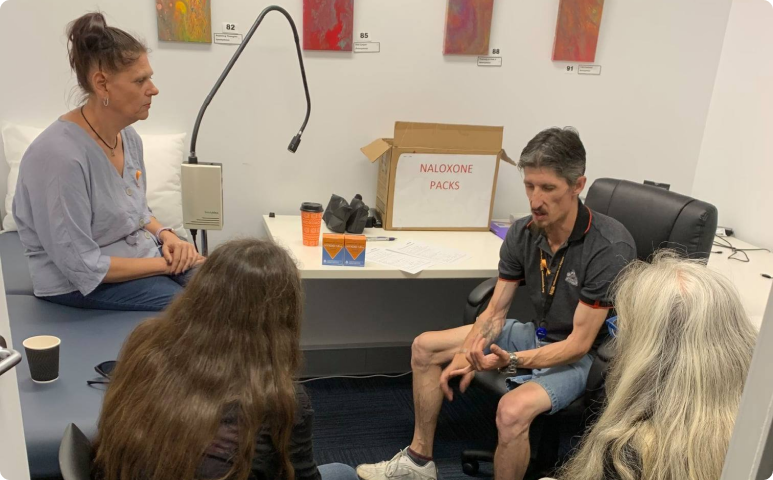
PTS works by engaging community members in ongoing one on one “case management” where a trusting relationship is built between the PTS worker and
the person. PTS appointments are flexibly planned but are usually weekly or bi-weekly meetings where progress can be updated and support given. A case plan is developed where we concentrate on 3 priorities that we will concentrate on over the next 3 month period. These priorities are forged through discussions between the PTS worker and the person.
One important and unique aspect of the PTS program is that workers can transport people to appointments and, if the person wishes, the PTS worker can come into appointments with the person to support them in getting the best treatment outcomes. The PTS worker acts as a translation service between the health professional and the person by explaining in clear language what the requirements of the treatment are as well as translate the needs of the person to the health professional. In this way better treatment matching is achieved and better health literacy is fostered. Additionally this allows PTS workers to better follow-up with the person post-appointment in order to facilitate treatment change if necessary as well as provide an advocate for the person if communication breakdown occurs with the health professional thereby increasing the success of treatment interventions.
Finally, as the person’s health and wellbeing stabilises, work will be conducted to ensure that the person remains in driver’s seat of their health and wellbeing, securing their position as the clearing house of all incoming support. As PTS care reduces, the person interacts more and more independently with healthcare services. The objective of this transition is to reach a position whereby support from the PTS is sought only on an as needed basis. In this way, the PTS program encourages and supports the independence and self-reliance of people who use drugs.
PTS has continues during the Covid-19 pandemic however in many cases it has moved to a telehealth modality. As this is a barrier for some however, CAHMA has been able to source phones and other technology for many people to ensure that they can progress their health and wellbeing during this period.
Additionally, the priorities of many people have changed during the pandemic with many people finding it difficult to isolate effectively. The PTS program has therefore been helping people isolate by ensuring that they are able to access drug treatment and associated services from home and in a timely manner.
The PTS program has demonstrated success through the incredible uptake of the service by our community. Additionally, success has been demonstrated by people exiting the PTS wishing to give back to the community by transitioning to CAHMA’s Community Development program and engaging in volunteering at CAHMA in order to give back to their community. This is now a major pathway for recruitment at CAHMA in the time honoured tradition of community development. Other demonstrated success is shown through the interest other organisations across Australia have shown in the PTS model and subsequent interest in uptake in other jursidictions.
Volunteer and build professional skills whilst helping our community.

CAHMA supported its community through the outbreak of Covid-19 with brokerage, food and necessities and peer treatment support.
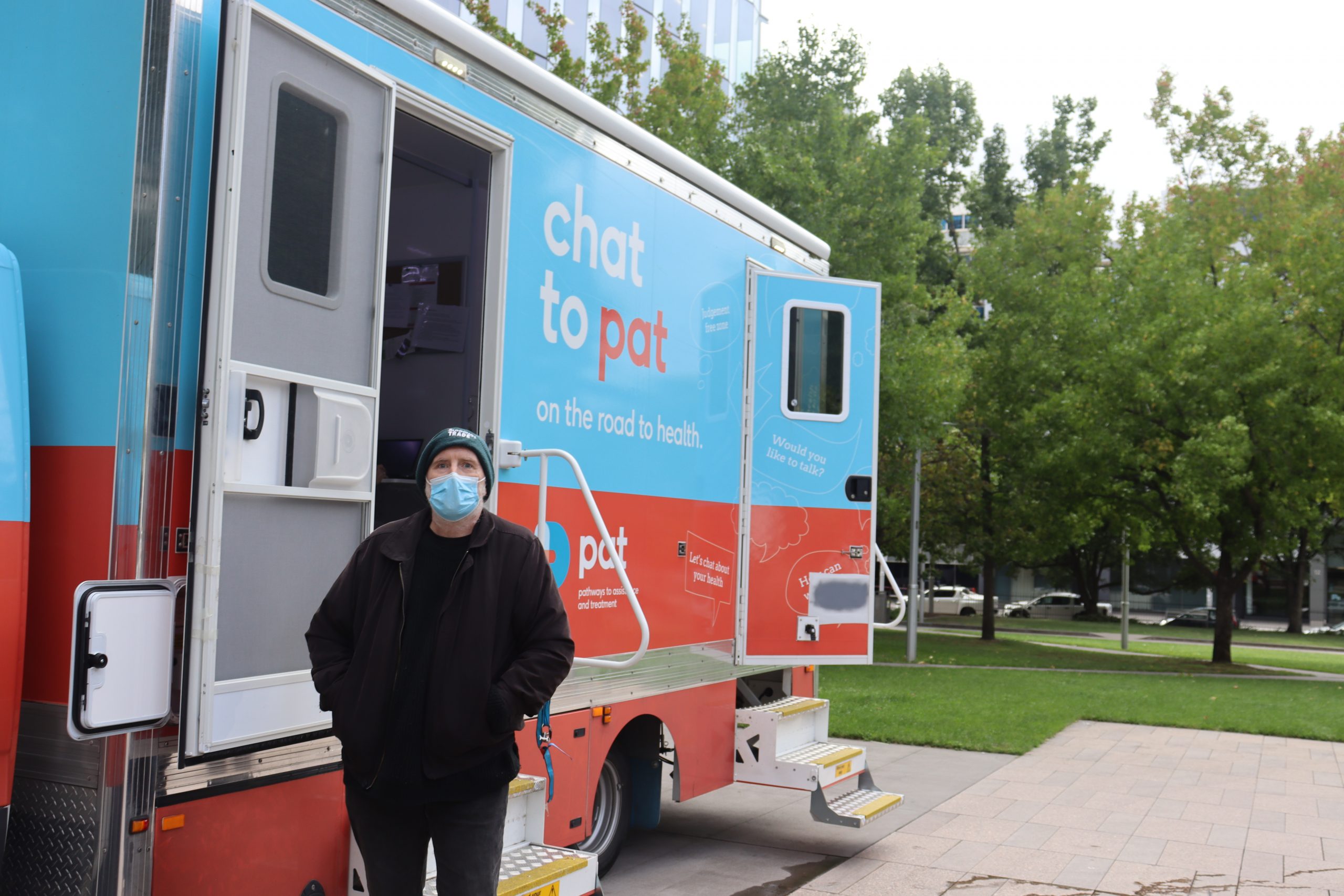
Aboriginal and Torres Strait Islander peer treatment support and groups
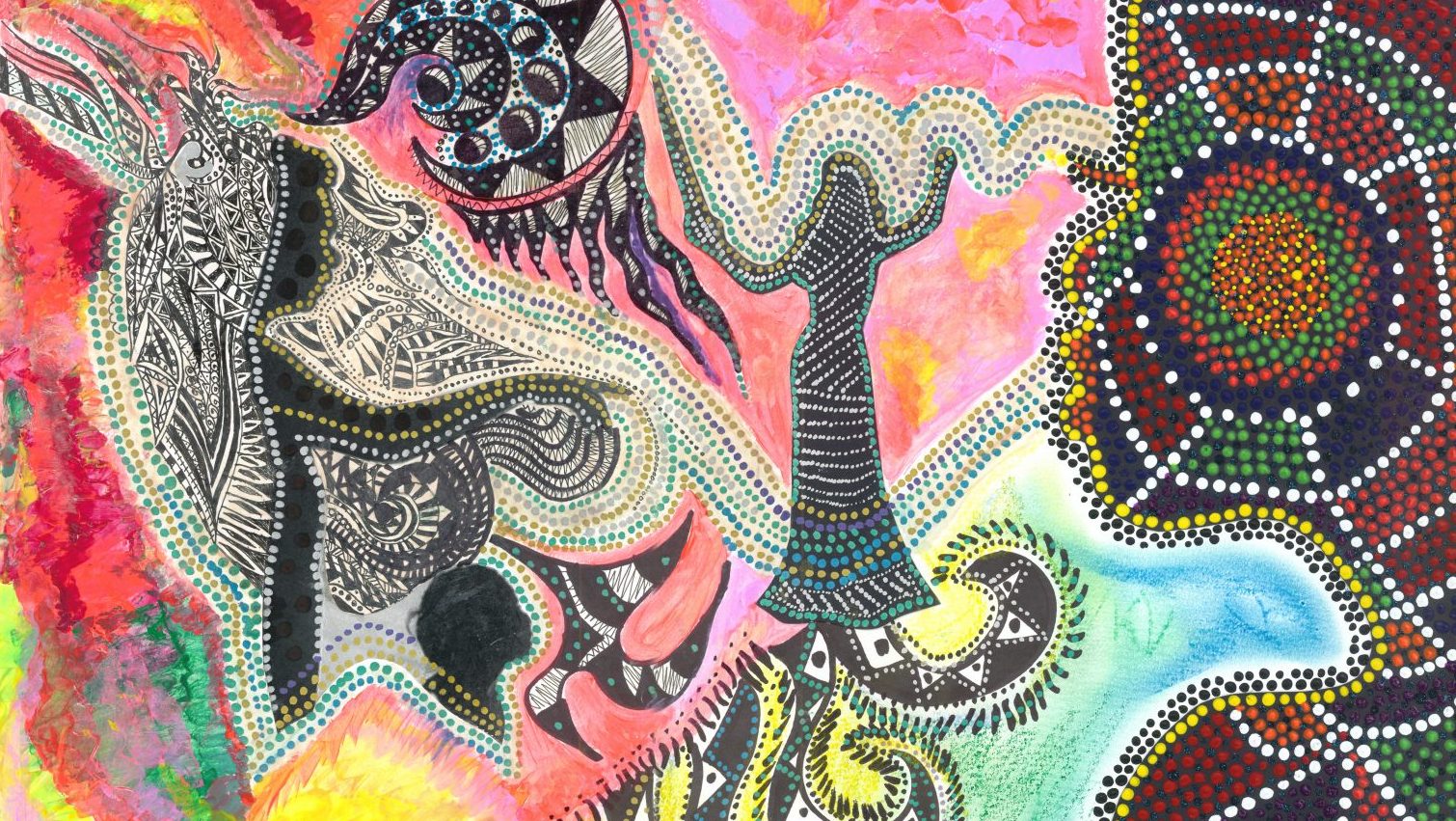
Peer education, health promotion and harm reduction programs at CAHMA
